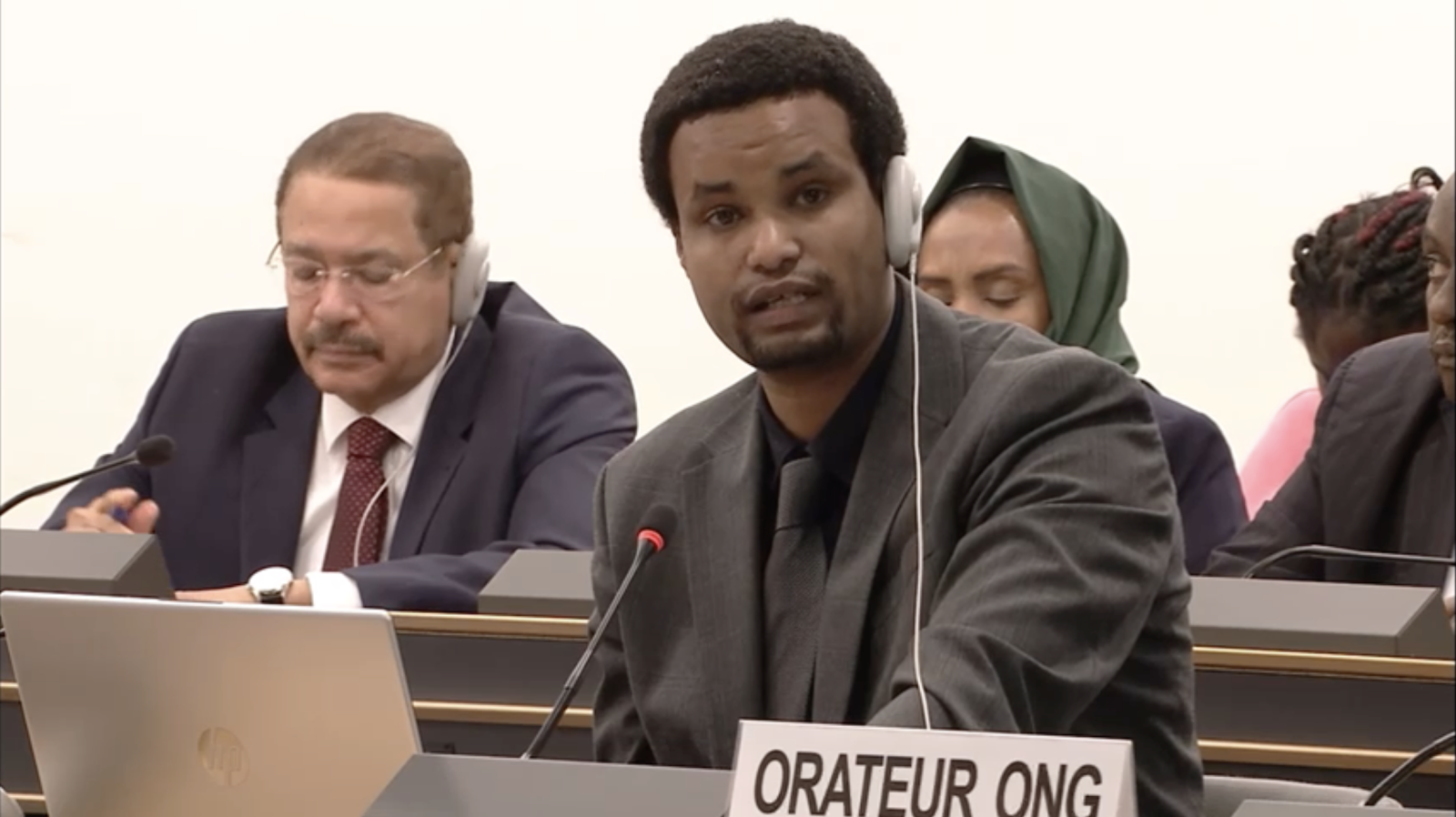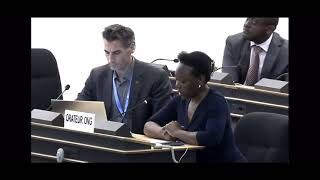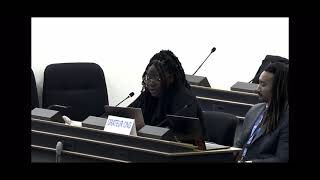Interactive Dialogue with the Special Rapporteur on the right of everyone to the enjoyment of the highest attainable standard of physical and mental health by enhancing capacity-building in public health (A/HRC/38/36, A/HRC/38/36/Add.1, A/HRC/38/36/Add.2)
Item:3 Promotion and protection of all human rights, civil, political, economic, social and cultural rights, including the right to development
18 June 2018
Joint Statement by: Ius Primi Viri and Geneva International Centre for Justice (GICJ)
Delivered by: Mr. Siddharth Abraham Srikanth
Thank you Mr. President,
IUS PRIMI VIRI and Geneva International Centre for Justice would first like to thank the Special Rapporteur for his report, and to draw the Council’s attention to the acute public health challenges faced by refugees.
For instance, the large influx of Syrian refugees into Lebanon since the civil war broke out in 2011 has placed a considerable burden on the Lebanese health system, leading to its fragmentation as a result of extremely sporadic funding coupled with effective alternatives provided by aid organisations.
More specifically, Lebanon adopted a new policy in 2015 with the aim to reduce the refugee population, whereby they now have to pay an annual fee of 200 USD to maintain legal status. Unsurprisingly, this did not decrease the number of refugees in Lebanon, but rather merely stripped more than 60% of the refugees of their legal status, thus constituting a de facto deprivation of liberty.
In a somewhat domino effect, this illegal status means that the refugees are no longer allowed access to the labour market, thus depriving them of the opportunity of earning a living.
Furthermore, Mr. President, these refugees tend to limit their movements for fear of being arrested, which restricts their ability to access basic health services, and in turn amounts to a violation of their right to health as enumerated in the Special Rapporteur’s report. Even when they are able to find these services, their financial situation owing to the aforementioned lack of work inhibits them from being able to afford any kind of medical treatment.
To this end, we would like to call upon the Lebanese government to abolish the annual fee for the renewal of refugee status, and request the Special Rapporteur on health to further address health concerns faced by refugees, as well as to explore the option of public-private partnerships to address the care continuum.
Thank you for your time.








